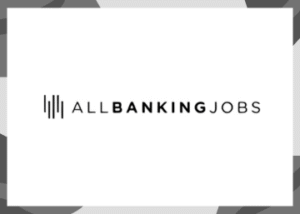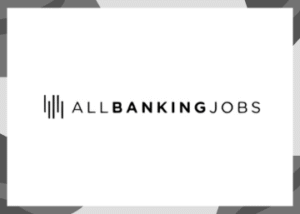What To Expect as a Management Trainee in Retail Banking
Embarking on a career in banking often begins with an entry-level position, such as a management trainee. This role serves as a stepping stone into the world of retail banking, offering a comprehensive professional development program that combines both instructor-led and self-paced learning with invaluable hands-on experiences. For those who aspire to leadership roles in retail banking, this article will explore the key elements of what a management trainee can expect during the 12-month training program.
The Training Pathway
The initial phase of the management training program involves a full-time, 12 month on-the-job training pathway. During this period, trainees work closely with experienced team members, gaining insights into every aspect of retail branch banking and management. The program also provides opportunities to interact with colleagues from across the bank, as well as customers and prospects. This broad exposure provides a holistic view of the bank’s operations, enhancing understanding and practical application of banking principles.
As part of the learning experience, trainees also have the opportunity to shadow other departments and participate in bank-wide committees. This interaction provides a deeper understanding of the bank’s operations and facilitates the development of leadership skills. A key objective of the program is to equip trainees with the skills and knowledge needed for leadership roles across the retail branch network. The bank is committed to supporting this learning journey, providing ample development opportunities to build trainee competence.
Position Overview and Responsibilities
An individual in the management trainee role is tasked with assisting customers in achieving their financial goals. This is accomplished by providing exceptional service in a professional and ethical manner. The role involves processing daily banking transactions, educating customers about bank services that can enhance their financial wellbeing, and managing operational tasks efficiently.
Operational Responsibilities
The trainee’s operational responsibilities include performing a variety of financial transactions such as processing deposits, withdrawals, payments, check cashing, and commercial teller transactions. Additionally, trainees assist customers with account opening, maintenance tasks, fraud services, and demonstrating online and mobile banking services.
A critical aspect of the role involves ensuring accuracy in transactions and reports, maintaining keys and combinations, assisting with security and audit routines, and assisting with vault transactions.
Knowledge and Customer Service
As a retail branch management trainee, proactively engaging with customers is essential. This includes providing efficient customer service with a strong focus on financial education. The role requires maintaining knowledge of the bank’s products and services, identifying customer needs and goals, and recommending appropriate solutions.
Trainees also interview consumer loan applicants, recommend suitable products based on the applicants’ needs and repayment abilities, and follow loans from application to closing.
Leadership and Management
In addition to operational and customer service responsibilities, the management trainee role also entails leadership and management tasks. This includes promoting the bank’s products and services and actively participating in community affairs. Demonstrating leadership competencies such as team communication, emotional intelligence, performance management, and innovation is also required.
Upon successful completion of the program, trainees are expected to maintain expert knowledge of the bank’s products and services, facilitate efficient loan processes, assist with team performance monitoring, and own branch safety and soundness responsibilities.
Program Completion and Position Requirements
Upon completion of the training program, trainees are expected to have developed effective coaching skills, demonstrated exceptional customer service, and possess strong verbal and written communication skills. Proficiency in using Microsoft Office suite, banking technology, and a strong understanding of bank policies and procedures relating to regulatory compliance is also required.
Physical requirements for the role include the ability to move to various locations, lift up to 15 pounds temporarily, and have the flexibility to bend and reach.
This career path, while challenging, offers a rewarding option for those interested in the banking sector. It provides a comprehensive learning experience, paving the way for future leadership roles in retail banking.
For more details, click Here.






